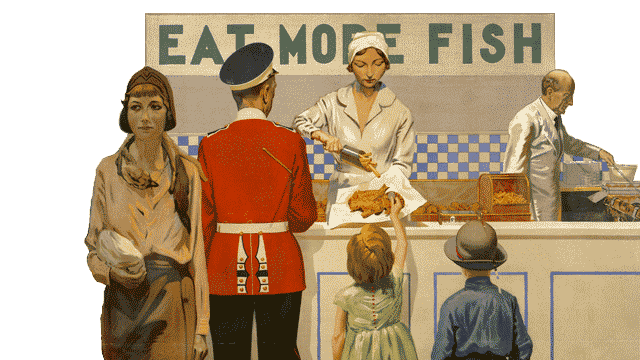Study records relating to the rise of dictators, the failure of international diplomacy and Britain’s preparations for the Second World War. Discover more about life in 1930s Britain including unemployment, slum clearance and leisure.
Showing 55 resources
Classroom resource
1919 race riots
How significant a factor was race in the riots of 1919?
Classroom resource
Adolf Hitler
Was Hitler a 'passionate lunatic'?
Session we teach
Ancient Egypt in the Archives
What can documents tell us about the process of archaeological digs?
Archaeology in the Archives
What kinds of documents can tell us about the work of archaeologists?
Classroom resource
Bulaya Chanda
What do these documents reveal about Bulaya Chanda, soldier and ‘showman’?
Classroom resource
Caribbean history in photographs
What can these photographs tell us?
Classroom resource
Chamberlain and Hitler 1938
What was Chamberlain trying to do?
Classroom resource
Eden’s last stand
Why did Anthony Eden resign in 1938?
Classroom resource
Empire Windrush: Caribbean migration
Why did people from the Caribbean travel to live and work in Britain?
Classroom resource
From Outbreak to Archive: Tales of Public Health
What do the documents reveal about how government and society dealt with public health in the past?
Classroom resource
German occupation of the Rhineland
What should Britain do about it?
Session we teach
Hidden Love: LGBTQ+ lives in the 1920s and 1930s
What can our documents reveal about LGBTQ+ lives in the 1920 and 30s?
Classroom resource
Holding History
What is 'The National Archives'?
Classroom resource
Irish Partition
Why was Ireland divided in 1921?
Classroom resource
Kindertransport
Saving refugee children?
Classroom resource
LGBTQ+ Rights in Britain
How have changes in laws and attitudes affected LGBTQ+ people in Britain?
Living under canvas
What can this document tell us about the experience of a group of refugee children?
Session we teach
Living under canvas: Child refugee stories
What can we learn from documents about the experiences of Basque child refugees?
Session we teach
MI5: TOP SECRET
What do the documents reveal about the hidden world of MI5?
Session we teach
Migrants to Britain
What can government documents reveal about the experience of Indian seafarers?
Classroom resource
People – GCSE English Language
Using images for descriptive and narrative writing
Classroom resource
Places – GCSE English Language
Using images for descriptive and narrative writing
Classroom resource
Rebels in the records
What can we learn from documents that show how people ‘rebelled’ in the past?
Session we teach
Russia in Revolution
How did witnesses of the Russian Revolutionary period portray these events to the British government?
Classroom resource
Seafarers’ Stories
How can we tell the stories of the Mirpuri, Bengali and Panjabi seafarers who travelled to Britain in the 1920s-30s?
Classroom resource
Significant Events
What happened then?
Classroom resource
Significant People
Who is who?
Classroom resource
Significant Places
What's in a place?
Session we teach
Significant Women
What can documents tell us about significant women’s lives?
Classroom resource
Suffrage Tales
What would you do?
Classroom resource
Thirties Britain
The depressed decade?
Session we teach
Travel smart through time (SEND)
How and why have people travelled around in the past and how have they done it safely?
Session we teach
Treasures
What 'treasures' are there at The National Archives?
TTTV: Refugee Week 2021
What can we learn from documents about Basque children’s experiences in refugee camps?
Classroom resource
Twenties Britain (part one)
Decade of conflict, realignment and change?
Classroom resource
Twenties Britain (part two)
Decade of conflict, realignment and change?
Classroom resource
Uncovering LGBTQ+ lives in the archive
What types of sources might be useful to find out about the lives of LGBTQ+ people in the past?
Session we teach
What is history?
How do historians work out what happened in the past?